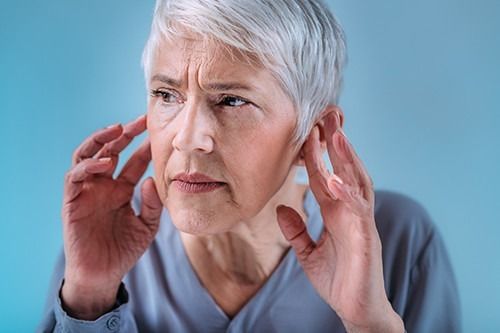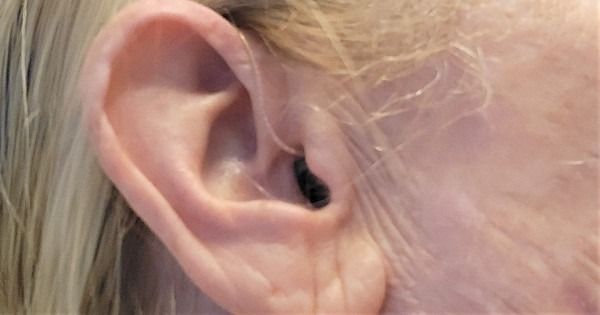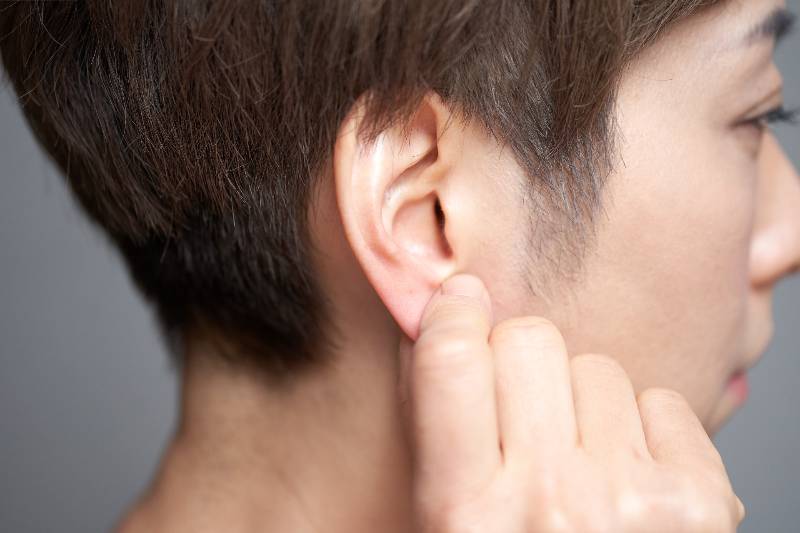Mixed Hearing Loss (MHL) is a complex auditory condition that intertwines the characteristics of both sensorineural and conductive hearing loss. This condition not only affects the quality of sound reaching the inner ear but also impacts the inner ear’s ability to process these sounds correctly. Understanding MHL is crucial for effective management and improving the quality of life for those affected. This guide delves into the intricacies of MHL, exploring its causes, symptoms, and the latest treatment options, tailored specifically for an Australian audience with an advanced understanding of the condition.
MHL is a dual-type hearing impairment involving both the outer/middle ear (conductive component) and the inner ear (sensorineural component). This dual nature often makes diagnosis and treatment more challenging.
Diagnosing MHL
Accurate diagnosis of MHL involves a series of specialized tests. Audiometry, tympanometry, and imaging studies play crucial roles in identifying the extent and nature of the hearing loss.
Treatment Options for MHL
Treatment for MHL is multifaceted, often requiring a combination of methods to address both conductive and sensorineural components. This may include hearing aids, surgical interventions, and rehabilitation therapies.
Living with MHL
Adapting to life with MHL involves various strategies to improve communication and daily functioning. This includes the use of assistive listening devices and learning lip-reading or sign language.
MHL in the Workplace
Workplace adaptation is essential for individuals with MHL. This includes advocating for reasonable accommodations and utilizing technology to facilitate effective communication.
Advancements in Mixed Hearing Loss Research
Recent research in MHL focuses on innovative treatment approaches, including advanced hearing aid technology and surgical techniques, offering new hope for those affected.
What causes MHL? MHL(MHL) arises from a combination of factors affecting both the conductive and sensorineural components of the auditory system. The conductive component is often due to issues in the outer or middle ear, such as ear infections, eardrum perforations, or ossicular chain problems. The sensorineural component, on the other hand, might stem from age-related wear and tear, exposure to loud noise, or genetic factors affecting the inner ear or auditory nerve. Understanding these causes is crucial for tailoring effective treatment strategies.
How is MHL diagnosed? Diagnosing MHL typically involves a comprehensive audiological evaluation. This process starts with a thorough medical history and a physical examination of the ears. Audiologists then conduct a series of Hearing Tests, such as pure-tone audiometry, to assess the degree and type of hearing loss. Additional tests like tympanometry may be used to evaluate middle ear function, while advanced imaging techniques can help identify structural abnormalities. Accurate diagnosis is key to effective management of MHL.
What are the treatment options for MHL? Treatment for MHL is multifaceted and depends on the underlying causes and severity of the condition. For the conductive component, medical or surgical interventions, such as tympanoplasty or ossicular chain reconstruction, may be necessary. For the sensorineural aspect, hearing aids or cochlear implants can be effective. Rehabilitation therapies, including auditory training and communication strategies, also play a crucial role in managing MHL.
Can MHL be cured? While MHL cannot always be completely cured, especially the sensorineural component, effective management strategies can significantly improve hearing and quality of life. Advances in medical and hearing aid technology continue to offer better outcomes for individuals with MHL.
How does MHL affect daily life? MHL can impact various aspects of daily life, including communication, social interactions, and job performance. Individuals may struggle with understanding speech, especially in noisy environments, and may experience social isolation or frustration. However, with appropriate interventions and coping strategies, many people with MHL lead full and active lives.
Are there new advancements in MHL treatment? Recent advancements in MHL treatment include more sophisticated hearing aids with better sound processing capabilities, implantable devices for severe cases, and innovative surgical techniques. Ongoing research in Gene Therapy and regenerative medicine also holds promise for future treatment options.
Practical Tips
Regular Hearing Assessments Regular hearing assessments are crucial for monitoring MHL. These evaluations help track changes in hearing ability and ensure that any treatment plan remains effective. Early detection of any deterioration in hearing can lead to timely adjustments in treatment, preventing further complications.
Exploring Advanced Hearing Aid Options For many with MHL, hearing aids are a vital part of their treatment plan. Modern hearing aids come with advanced features like directional microphones, noise reduction algorithms, and wireless connectivity, offering improved hearing in various environments. Consulting with an audiologist to find the most suitable device is essential.
Advocating for Workplace Accommodations Individuals with MHL may require specific accommodations in the workplace, such as assistive listening devices, preferential seating, or modified job duties. It’s important to communicate your needs to your employer and explore available options under workplace disability policies.
Staying Informed About New Treatments Keeping abreast of the latest developments in MHL treatment can open up new possibilities for managing the condition. This includes staying in touch with healthcare providers, attending relevant workshops, and joining patient advocacy groups.
Joining Support Groups Support groups provide a platform for sharing experiences, tips, and emotional support with others who have MHL. These groups can be a valuable resource for learning new coping strategies and reducing feelings of isolation.
Myths vs. Facts
Myth: MHL cannot be treated. Fact: There are various effective treatment options available for MHL. While it may not be curable, treatments can significantly improve hearing and quality of life.
Myth: MHL only affects the elderly. Fact: MHL can affect individuals of any age, depending on the underlying causes such as infections, genetic conditions, or trauma.
Myth: Hearing aids are not effective for MHL. Fact: Modern hearing aids are highly effective for many people with MHL, offering advanced features that improve hearing in a range of environments.
Share Your Experience We invite you to share your personal journey with MHL. Your stories can inspire and support others facing similar challenges. Please submit your experiences through our submission form.
Latest on Mixed Hearing Loss Recent studies highlight new findings in MHL treatment, including advancements in cochlear implants and bone-anchored hearing systems, offering improved outcomes for individuals with MHL.
Conclusion
Mixed Hearing Loss presents unique challenges, but understanding the condition and utilizing available resources can significantly improve the lives of those affected. This guide serves as a comprehensive resource, providing insights into the latest advancements and practical strategies for managing MHL.





